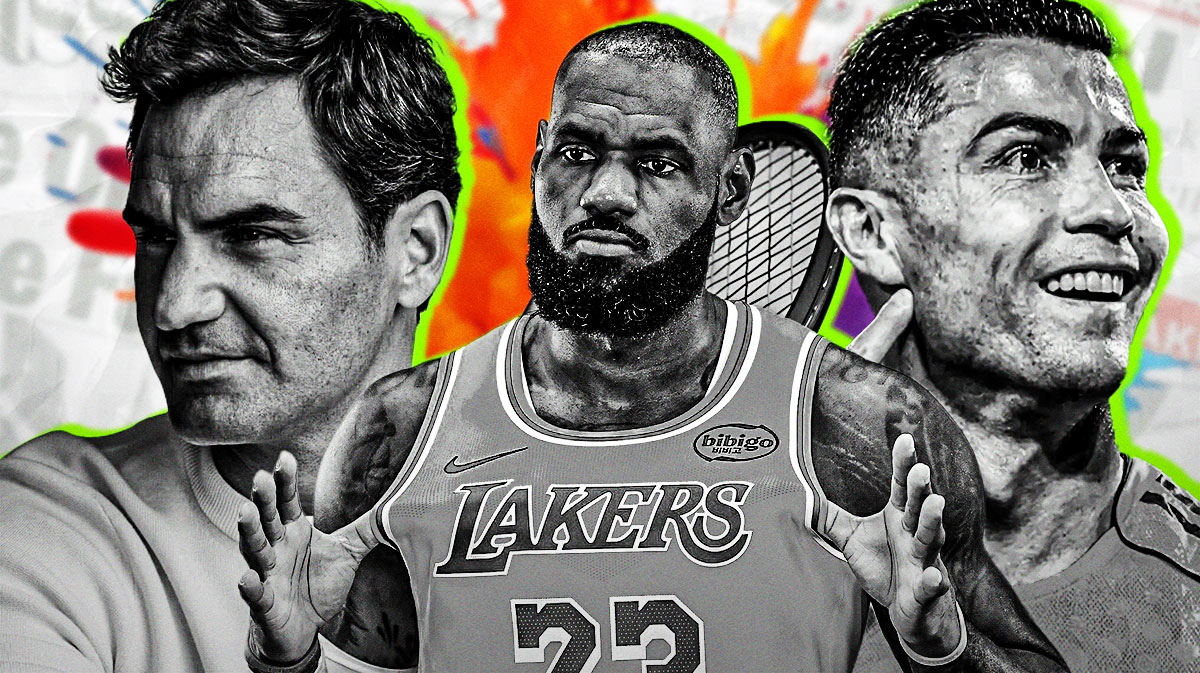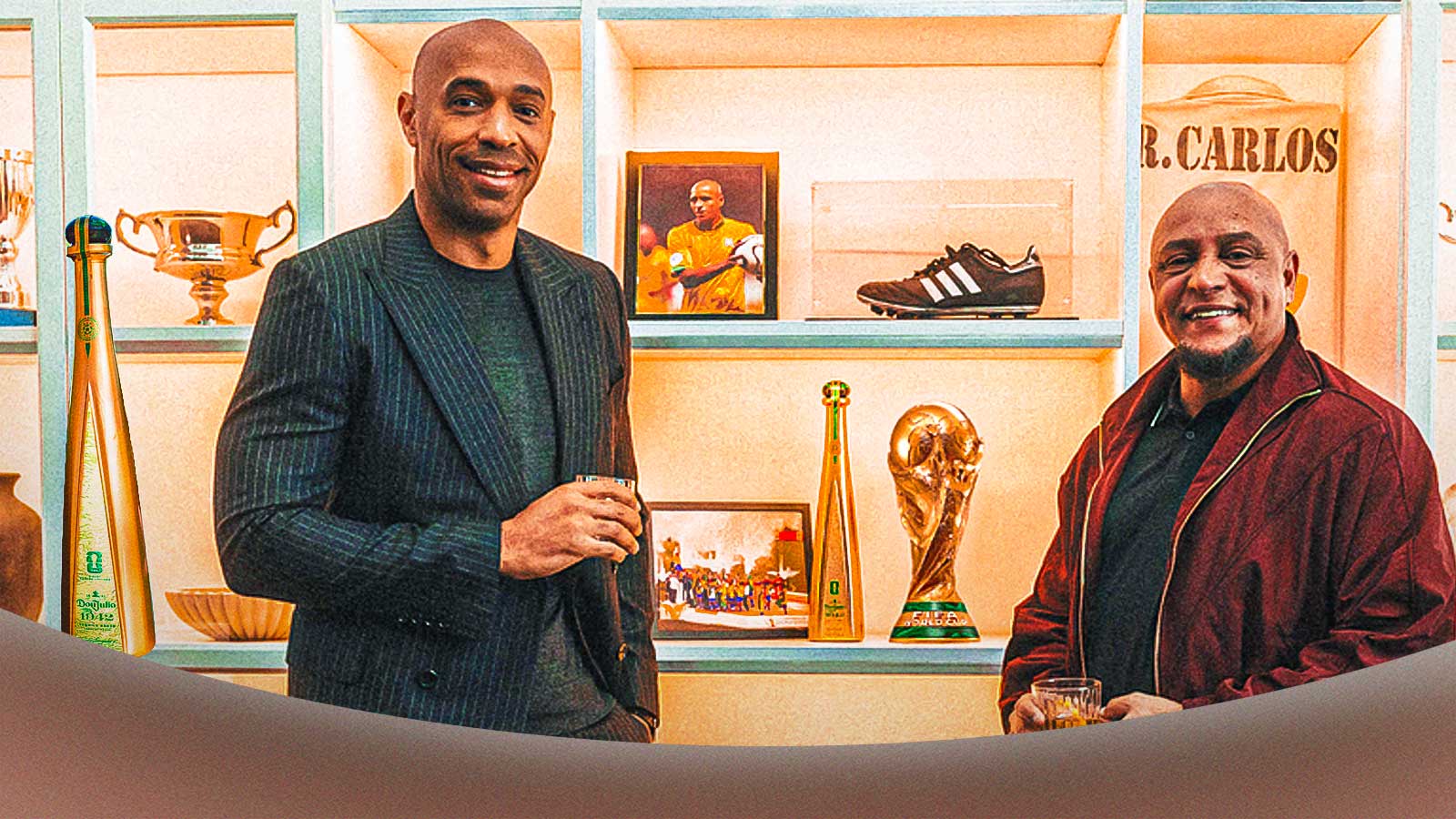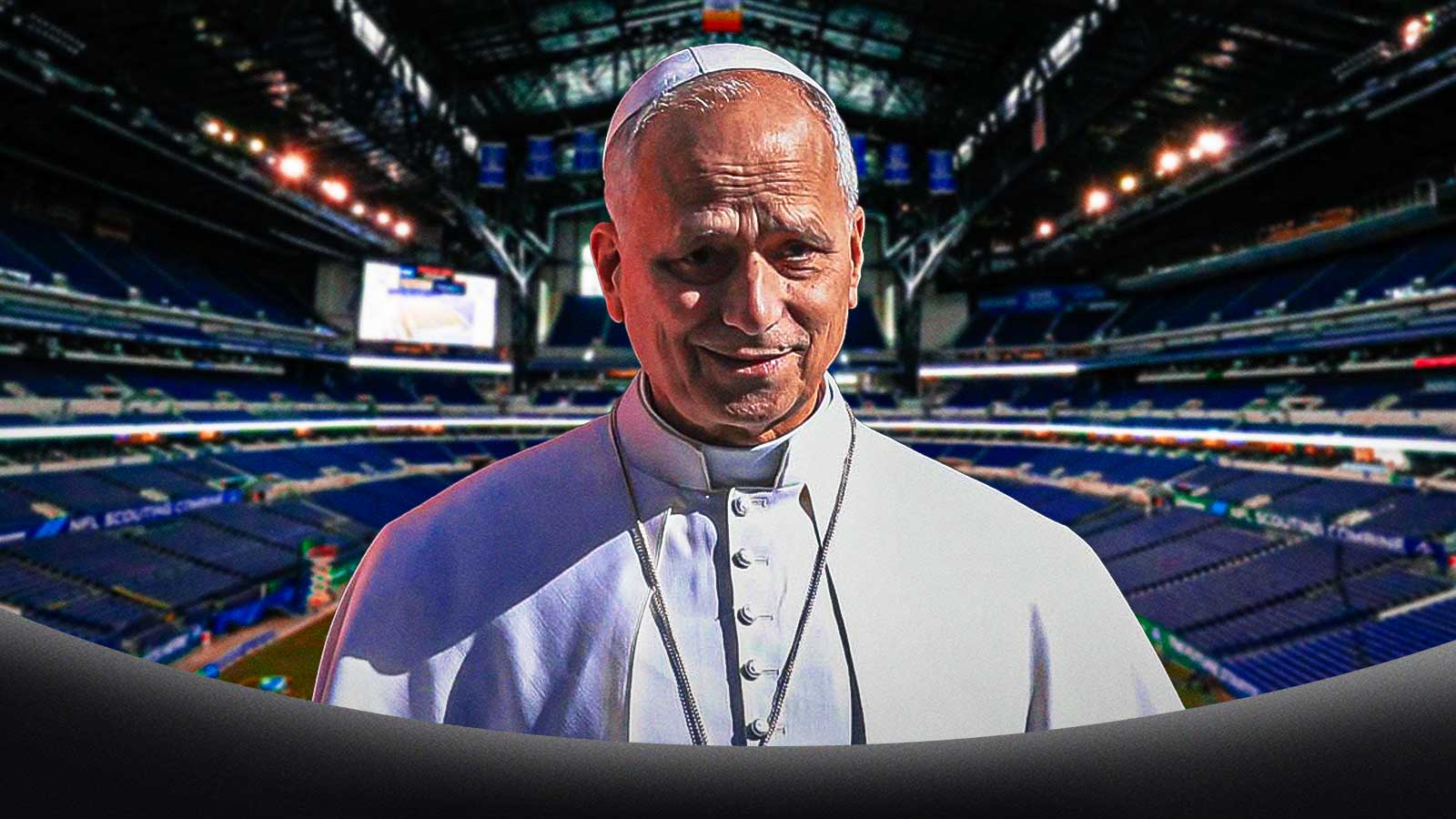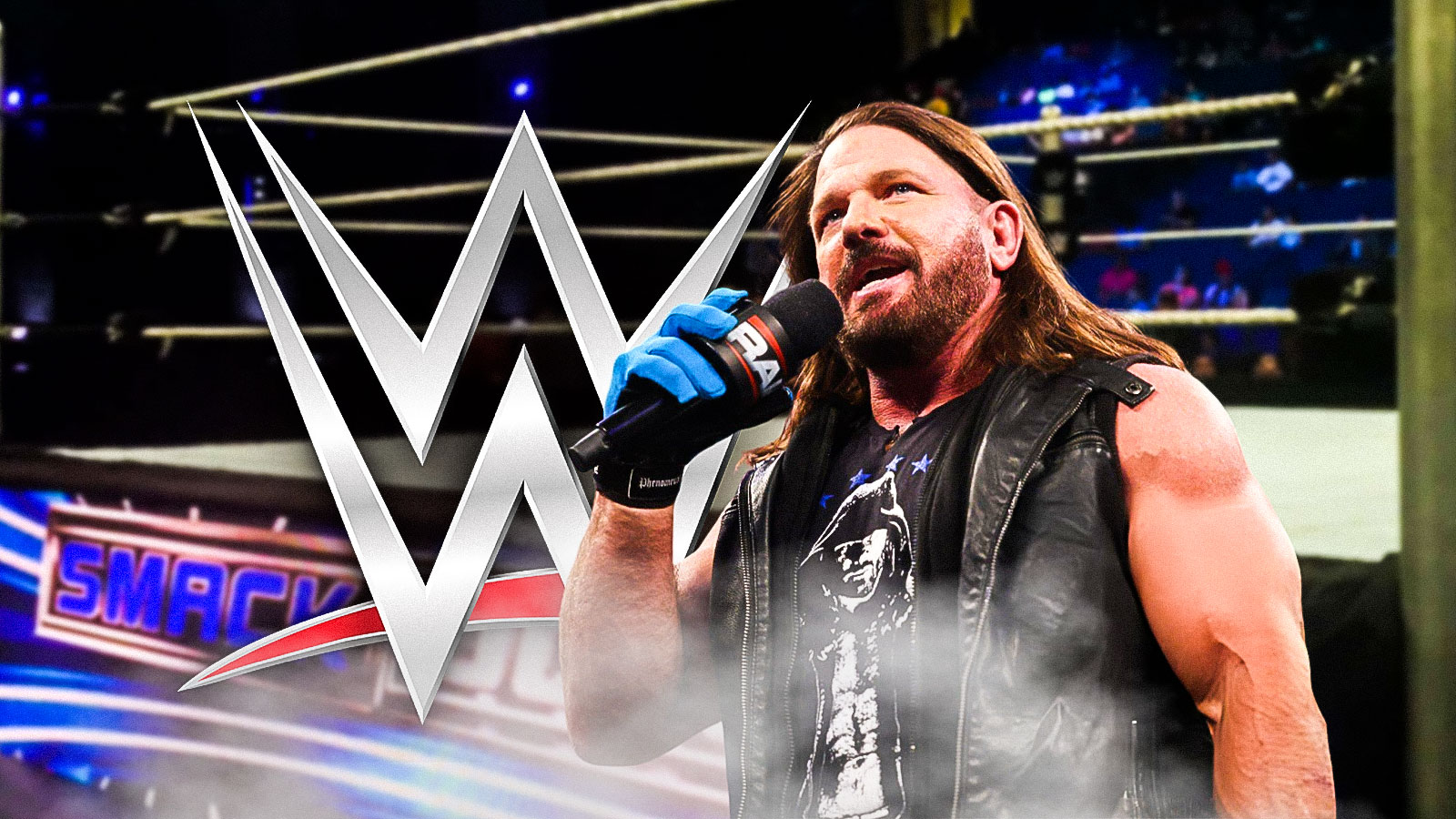Cristiano Ronaldo has reached a financial peak that only a handful of athletes have ever touched, CBSNews reports. According to Bloomberg, the 40-year-old soccer legend has officially become the sport’s first billionaire player, joining an exclusive circle that includes Michael Jordan, Magic Johnson, LeBron James, Tiger Woods, and Roger Federer.
Cristiano Ronaldo has become football's first billionaire player, according to Bloomberg 💵 pic.twitter.com/MCmicF5KLE
— Sky Sports News (@SkySportsNews) October 8, 2025
It is a historic moment for both soccer and global sports business. Ronaldo’s immense fortune reflects the evolution of the modern athlete—one who earns not just from performance, but from influence, ownership, and branding power. Yet, unlike most of his billionaire peers, Ronaldo’s wealth leans heavily on what he still does best: scoring goals.
After signing a contract with Saudi Arabian club Al-Nassr worth more than $400 million, Ronaldo’s net worth skyrocketed to $1.4 billion. The Saudi deal, reportedly tax-free, came after a long career at Manchester United, Real Madrid, and Juventus. His transfer to Riyadh in 2023 made him the highest-paid player in football history, with an annual salary of roughly $237 million and a share of the club’s revenue.
Born in Madeira, Portugal, Ronaldo dropped out of school at 14 to pursue soccer full-time. Since then, he has turned talent into empire. His CR7 brand spans underwear, footwear, eyewear, and fragrances. He has endorsement deals with Nike, Armani, Castrol, and countless others. On Instagram, more than 665 million people follow him, making him the most followed person in the world and one of the most marketable athletes on Earth.
Unlike peers who built much of their fortune from investments or endorsements, Ronaldo’s foundation of wealth comes directly from his playing career. He still outpaces Lionel Messi, whose $135 million yearly earnings with Inter Miami place him among the top five athletes globally. For Ronaldo, however, financial success is only part of the mission.
“I still have a passion for this,” he said at the Portugal Football Globes gala. “My family says it’s time to quit, and they ask me why I want to score 1,000 goals if I’ve already scored 900-something. But I don’t think that way inside. I’m still producing good things. I’m helping my club and the national team. Why not continue? I know I don’t have many years left, but the few I have left, I want to enjoy them to the fullest.”
Ronaldo’s story blends discipline, timing, and relentless ambition. But he’s not alone at this summit. A select group of athlete billionaires share that same formula of dominance and diversification.
The billionaires who built their empires
LeBron James
When LeBron James set a goal to become a billionaire a decade ago, many laughed. In 2022, he made it reality. The Los Angeles Lakers star became the first active NBA player to join the billionaire ranks, according to Forbes. Michael Jordan reached that milestone years after retiring, but James got there while still adding to his legacy on the court.
LeBron James says that his net worth online is wrong, and that he only wears free clothes
“i aint got no money man my kids got all the money now, NILs and sh*t…”
(via Speedy Morman) pic.twitter.com/cfpwVZ6Msr
— SOUND | Victor Baez (@itsavibe) September 18, 2025
James’ $385 million in NBA salary forms the base of his fortune, but it’s his nearly $900 million in endorsements and business investments that turned him into a mogul. His portfolio includes stakes in the Fenway Sports Group, which owns the Boston Red Sox and Liverpool FC, and a production company that has helped redefine how athletes tell their own stories.
In a 2014 interview with GQ, James called billionaire status his “biggest milestone.” He has since become living proof that an athlete can dominate business and sport at once. His ownership stakes and partnerships show a new generation that financial freedom in sports is no longer a dream—it’s a strategy.
Roger Federer
For Roger Federer, elegance on the court always came with precision off it. The Swiss tennis icon became a billionaire in 2025, with Forbes estimating his net worth at $1.1 billion. The centerpiece of his fortune comes from a 3 percent ownership stake in the Swiss footwear company On, a brand he invested in back in 2019, Yahoo reports.
When Nike offered Federer a reduced endorsement deal in 2018, he pivoted, signing a ten-year $300 million contract with Uniqlo. That decision gave him the freedom to pursue a separate shoe partnership, which led him to On. He didn’t just endorse the brand; he became part of it, helping design a lifestyle sneaker called “The Roger.”
When On went public in 2021 at an $11 billion valuation, Federer’s equity became worth nearly $500 million. It was more than double what he earned across his 24-year playing career. Federer’s smooth transition from athlete to investor shows how discipline and foresight can outlast even the fiercest serves and volleys.
Tiger Woods
Tiger Woods’ wealth journey mirrors the drama of his career. Since his breakout Masters win in 1997, Woods has earned more than $1.7 billion in prize money, endorsements, and business ventures, per Forbes. Forbes estimated his net worth to be at least $1 billion by 2022, making him one of only three known athlete billionaires at the time.
What makes Woods remarkable is how he retained his commercial power even through personal turmoil and injuries. Less than 10 percent of his career income came from tournament winnings. The rest came from long-term partnerships with Gatorade, Rolex, TaylorMade, and Nike. His decision to turn down a massive Saudi LIV Golf offer worth nearly a billion dollars only reinforced his financial independence.
Sports business expert Joe Favorito once said Woods “hit the right time in the right sport, being an athlete with a diverse background who was approachable.” It’s true. Woods’ crossover appeal helped golf expand globally and positioned him as one of the most profitable athletes in history.
Cristiano Ronaldo’s entry into this billionaire brotherhood is about more than money. It represents the next stage of global sports culture, where an athlete’s career no longer ends at the whistle. With branding, investment, and vision, legends like Ronaldo, James, Federer, and Woods show that greatness now lives in both the scoreboard and the balance sheet.



















